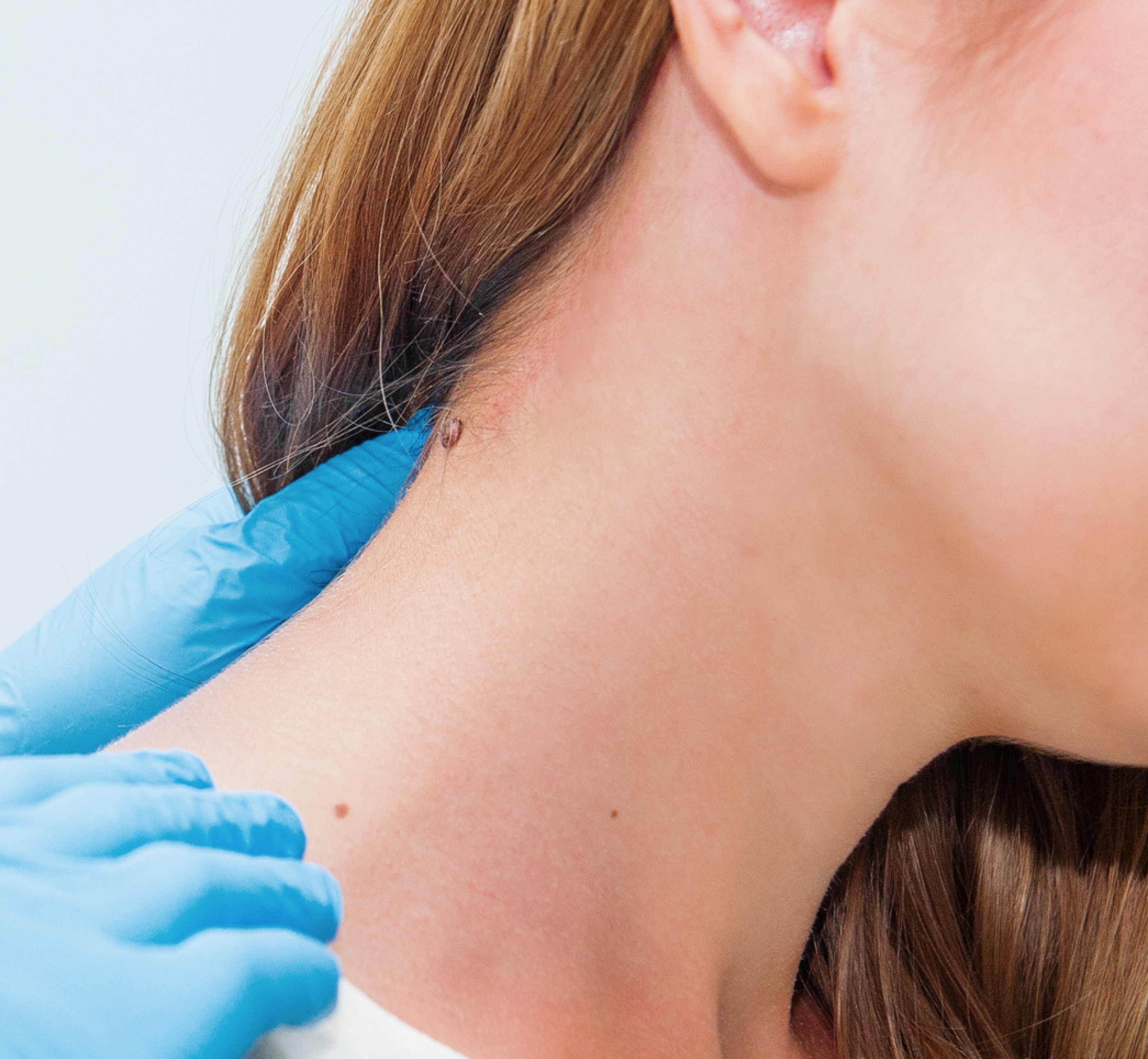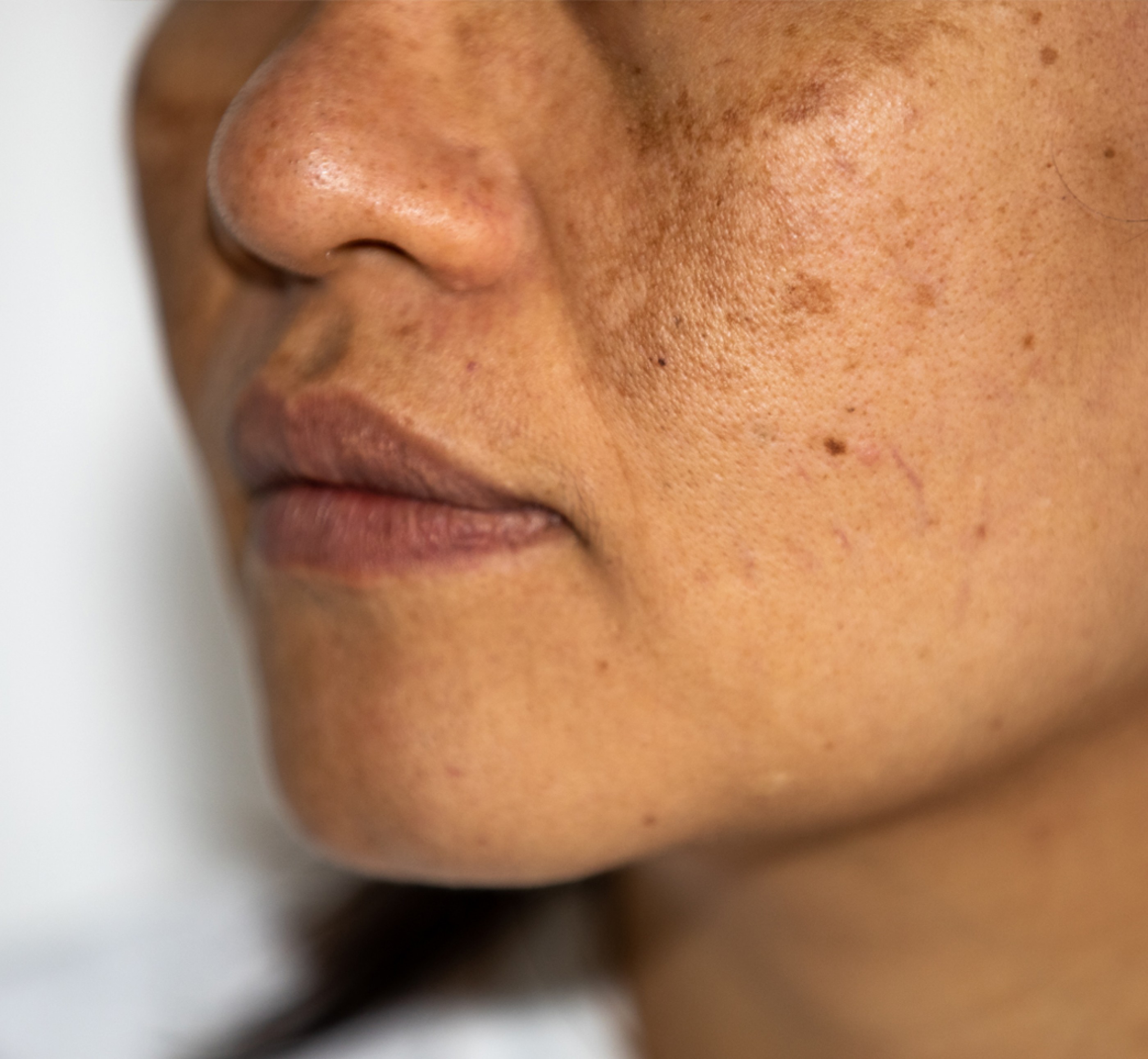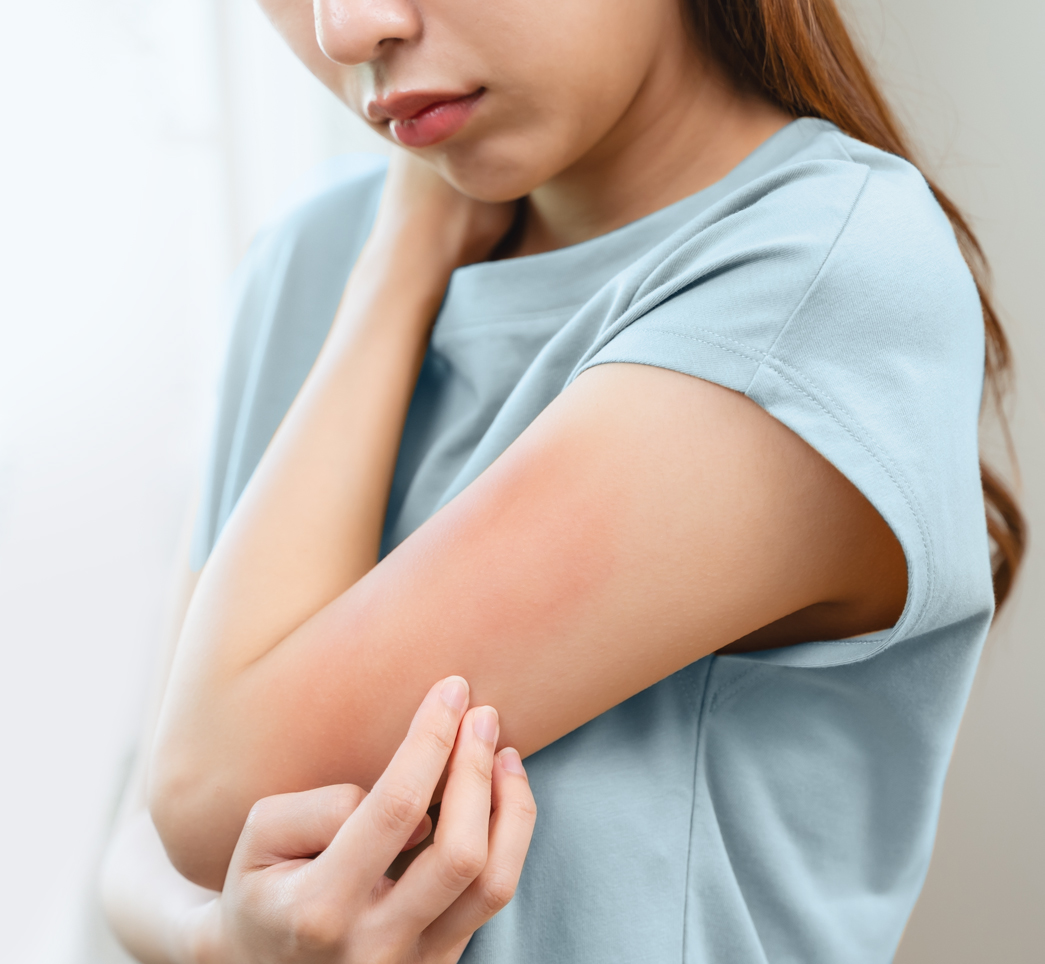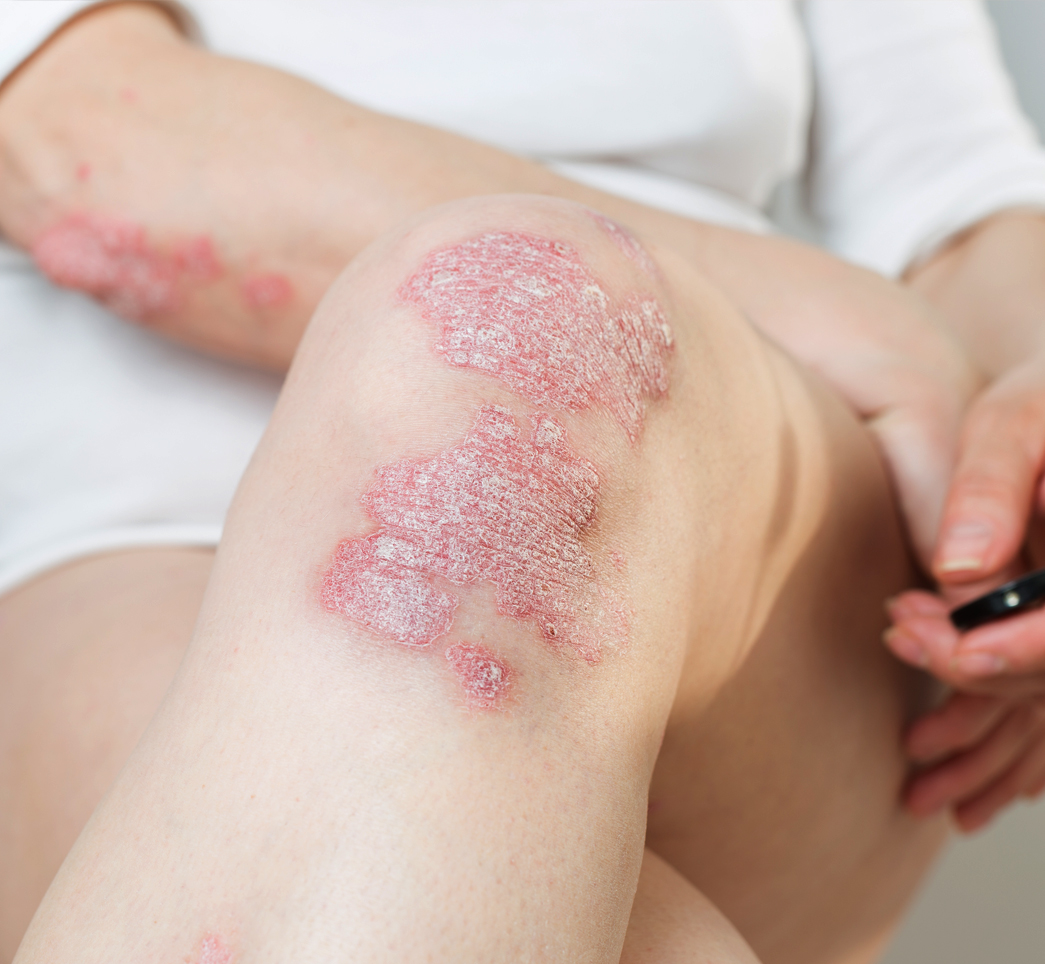The Blog
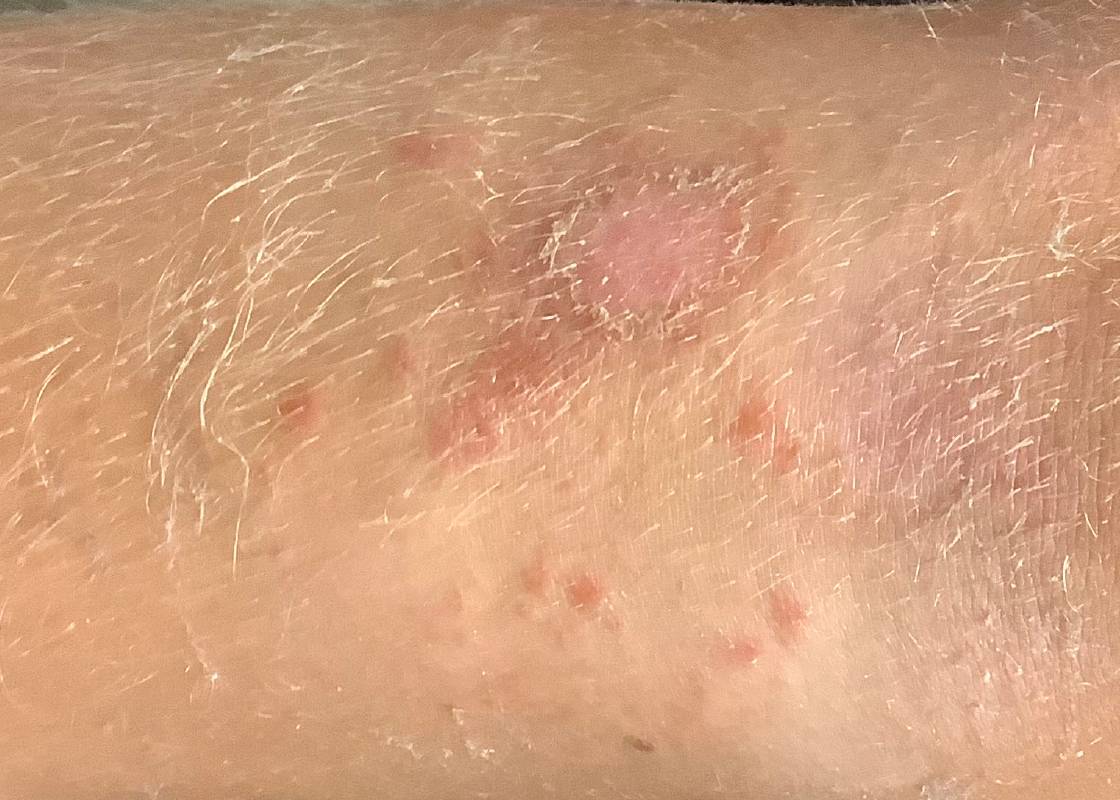
Did you know that impetigo affects nearly 140 million people worldwide every year? That’s about 2% of the global population, and most of these cases occur in young children between the ages of 2 and 5. As a triple board-certified dermatologist, I often meet worried parents and patients dealing with the frustrations, fears, and confusion surrounding this common yet misunderstood skin infection. Impetigo is not just about discomfort; it can affect a child’s confidence, social life, and even cause stress for families. Let’s clear the air about impetigo—what it is, what causes it, and, most importantly, how it can be treated effectively.
What Is Impetigo?
Impetigo is a highly contagious bacterial skin infection caused primarily by two types of bacteria:
• Staphylococcus aureus
• Streptococcus pyogenes
It typically begins when bacteria enter the skin through minor cuts, insect bites, or any small area of irritation. From there, it develops into red sores that burst, ooze, and form a tell-tale honey-colored crust. While impetigo is most common in young children, anyone can be affected—particularly those living in warm, humid environments or crowded conditions.
Symptoms of Impetigo
There are two main types of impetigo:
Non-Bullous Impetigo (Most Common):
Starts as small red sores around the nose, mouth, or limbs.
• The sores rupture, ooze, and form thick, golden-yellow crusts.
• Itching is common but pain is minimal.
Bullous Impetigo:
• Causes larger fluid-filled blisters that appear on the trunk, arms, or legs.
• The blisters may break, leaving behind a yellow crust.
• It may feel slightly tender but isn’t typically painful.
Other common symptoms include:
• Itching
• Skin irritation or discomfort
• Occasionally, swollen lymph nodes near the affected area.
Why Does Impetigo Happen?
The Causes Impetigo is caused by bacterial infections that occur when the skin’s protective barrier is compromised. Here are the main culprits:
Minor Skin Injuries
Cuts, scrapes, or insect bites make it easier for bacteria to enter the skin.
Other Skin Conditions
Eczema, psoriasis, or dermatitis increase susceptibility.
Poor Hygiene
Bacteria spread more easily when the skin isn’t kept clean.
Warm and Humid Climates
Hot weather can make the skin more prone to irritation.
Is it contagious?
Yes—highly contagious! Impetigo spreads through:
• Direct skin-to-skin contact.
• Sharing personal items like towels, clothes, or toys.
• Touching surfaces contaminated by the bacteria.
Frustrations, Fears, and Desires of Patients with Impetigo
As a dermatologist, I’ve seen the emotional toll impetigo can take on patients and their families. The constant itching and visible sores can be both embarrassing and uncomfortable, especially for children, while parents often feel helpless trying to prevent the infection from spreading to siblings or classmates. There’s also the worry about long-term scarring, recurring infections, or passing it on to others. Ultimately, patients and caregivers simply want quick relief and a solution that ensures the infection doesn’t come back. The good news? With the right treatment and preventive measures, impetigo is manageable—and typically resolves without scarring.
Misunderstandings About Impetigo
Despite being common, there’s a lot of misinformation about impetigo that can cause unnecessary stress:
“It’s not that contagious.”
Truth: Impetigo spreads easily, especially among children in schools, daycares, or playgrounds. Early diagnosis and treatment are key to stopping its spread.
“It’s extremely dangerous.”
Truth: Impetigo is usually mild and treatable. While complications are rare, untreated cases can worsen or spread.
“It only affects children.”
Truth: While it’s most common in kids, adults can also get impetigo—especially athletes, caregivers, or anyone with skin injuries.
Treatment Options for Impetigo
Impetigo treatment focuses on eliminating the infection and preventing its spread. Here’s what works:
Topical Antibiotics (First-Line Treatment):
Prescription ointments are applied directly to the affected areas. They help kill bacteria and speed up healing.
Oral Antibiotics:
For more extensive cases, oral antibiotics may be necessary to clear the infection.
Proper Hygiene:
• Wash the affected area gently with soap and water.
•Avoid scratching, as this can spread the infection.
Prevention:
• Keep wounds clean and covered.
• Teach children to avoid sharing personal items.
• Regular handwashing is key to preventing reinfection.
When to See a Dermatologist
While impetigo can look alarming, early treatment ensures it heals quickly and avoids complications. You should see a doctor if:
• Sores don’t improve with good hygiene within a day or two.
• The infection spreads rapidly or worsens.
• You notice swelling, fever, or new symptoms.
Impetigo Is Treatable—Don’t Wait
Impetigo might seem scary, especially when it affects children, but with proper care, it’s both manageable and preventable. If you or your child is experiencing symptoms, don’t hesitate to reach out to a board-certified dermatologist. Early diagnosis, appropriate treatment, and simple preventive steps can make all the difference.
REMEMBER!
Skin infections are common, and they don’t define you or your child. With the right care, you’ll have healthy, clear skin again in no time.





